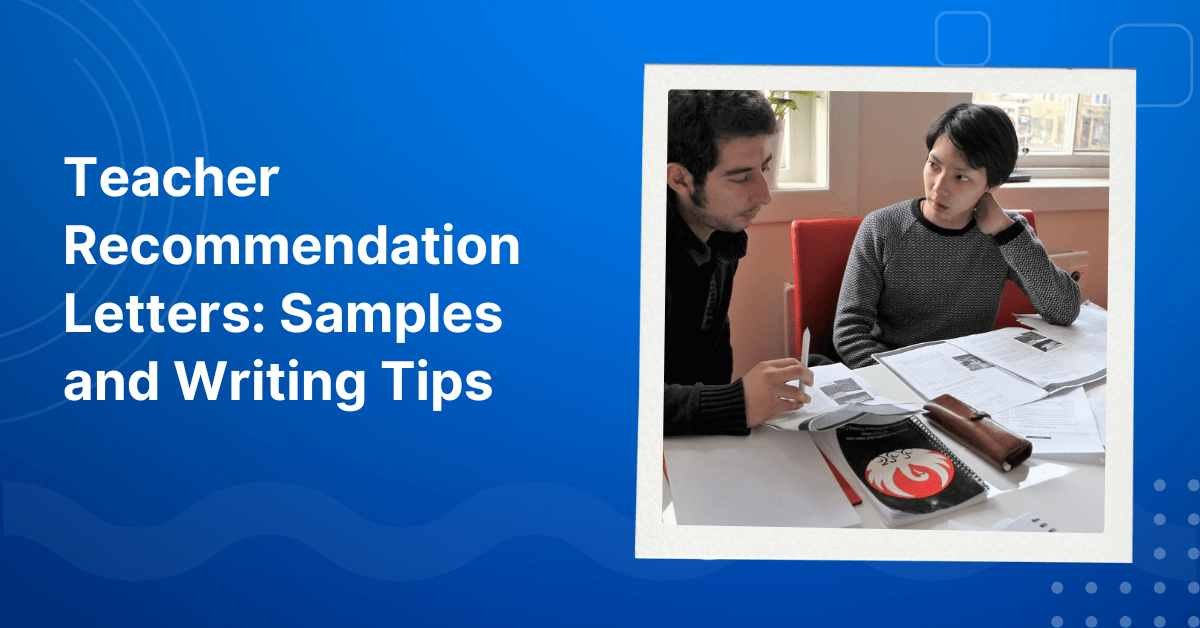Embarking on a career as a first year teacher can be both exhilarating and overwhelming. As you step into the classroom for the first time, you may find yourself facing a myriad of challenges and uncertainties. However, with the right tools and strategies, you can navigate through this crucial period with confidence and resilience. In this article, VTJ will explore over 15 essential tips that every first-year teacher must have in order to not only survive but thrive in their new role. So, let’s dive in and discover the key ingredients for a successful first year as an educator.
>>>Read more: How to Foster a Growth Mindset in the Classroom: A Teacher’s Guide
>>>Read more: What is Effective Teaching? 13 Effective Teaching Practices
Tips for first year teacher #1: Setting clear expectations with students
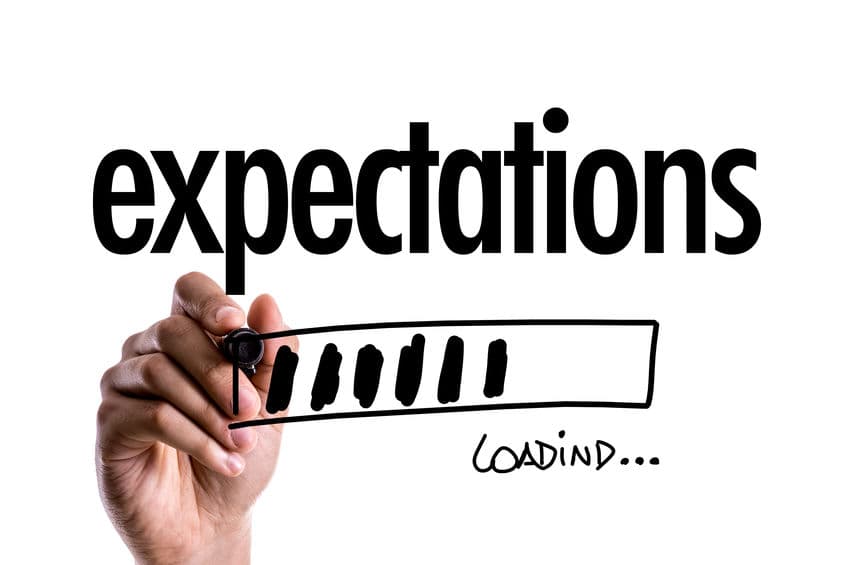
Tips for first year teacher #1: Setting clear expectations with students
Establishing clear expectations with your students is a crucial aspect of being a first-year teacher. By effectively communicating your rules, routines, and academic goals, you create a structured and conducive learning environment. Start by outlining your expectations on the first day of school and consistently reinforce them throughout the year.
>>>Read more: How To Use Technology In The Classroom: Benefits & Uses
>>>Read more: Importance of Group Work in Teaching: Benefits & Examples
Tips for first year teacher #2: Creating your planbook digitally
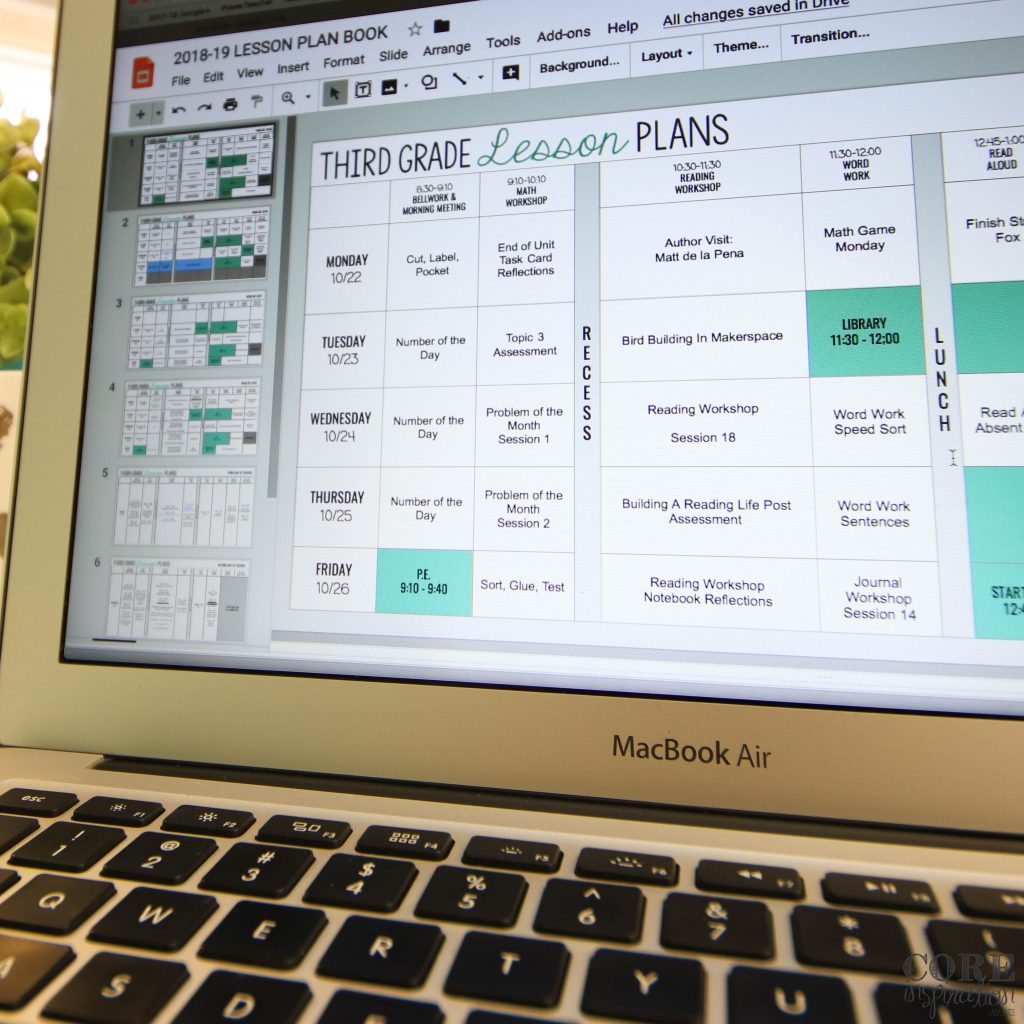
Tips for first year teacher #2: Creating your planbook digitally
In today’s digital age, incorporating technology into your teaching can greatly enhance your experience. Creating a digital planbook allows you to organize your lessons, activities, and resources in a convenient and accessible manner. Utilize online platforms or apps to create and store your lesson plans, curriculum maps, and assessment tools. This digital approach not only saves time but also enables easy modification and adaptation of your plans. It facilitates collaboration with colleagues and provides a centralized location for all your teaching materials.
>>>Read more: 10 Types of Teaching Degrees: How to Get One & Become A Teacher
Tips for first year teacher #3: Separating self-worth and work performance

Tips for first year teacher #3: Separating self-worth and work performance
As a first-year teacher, it’s essential to separate your self-worth from your work performance. Teaching can be a challenging profession, and it’s easy to tie your value as a person to your success in the classroom. However, it’s important to remember that mistakes and setbacks are a natural part of the learning process. Instead of internalizing failures, focus on growth and improvement. Recognize that your worth as an individual is not solely determined by your performance as a teacher. By cultivating a healthy mindset, you can maintain a positive self-image and navigate the ups and downs of your first year with resilience and confidence.
>>>Read more: Lesson Objectives (Learning Objectives): How to Write in 4 Steps
Tips for first year teacher #4: Finding ways to recover from a mistake

Tips for first year teacher #4: Finding ways to recover from a mistake
Mistakes are inevitable, especially as a first year teacher. It’s crucial to develop strategies for recovering from these missteps and turning them into valuable learning experiences. When you make a mistake, acknowledge it openly and take responsibility. Reflect on what went wrong and identify areas for improvement. Seek guidance from experienced colleagues or mentors who can offer advice and support. Embrace a growth mindset and view mistakes as opportunities for growth rather than as failures. By learning from your mistakes and implementing changes, you can become a more effective and resilient teacher. Remember, it’s not about avoiding mistakes altogether, but rather how you recover and grow from them that truly matters.
>>>Read more: 6 Types of Assessment in Education & How to Use Them
Tips for first year teacher #5: Making a meaningful self-care routines

Tips for first year teacher #5: Making a meaningful self-care routines
As a first year teacher, it’s easy to get caught up in the demands of the job and neglect your own well-being. However, prioritizing self-care is essential for maintaining your physical, mental, and emotional health. Create meaningful self-care routines that nourish and rejuvenate you. This could include activities such as exercise, meditation, journaling, spending time with loved ones, or pursuing hobbies. Find what works best for you and make it a non-negotiable part of your daily or weekly routine. By taking care of yourself, you’ll have more energy, resilience, and enthusiasm to give to your students and excel in your teaching career.
>>>Read more: Leadership Styles in Education: 8 Effective Ways to Lead
Tips for first year teacher #6: Sticking to the routine
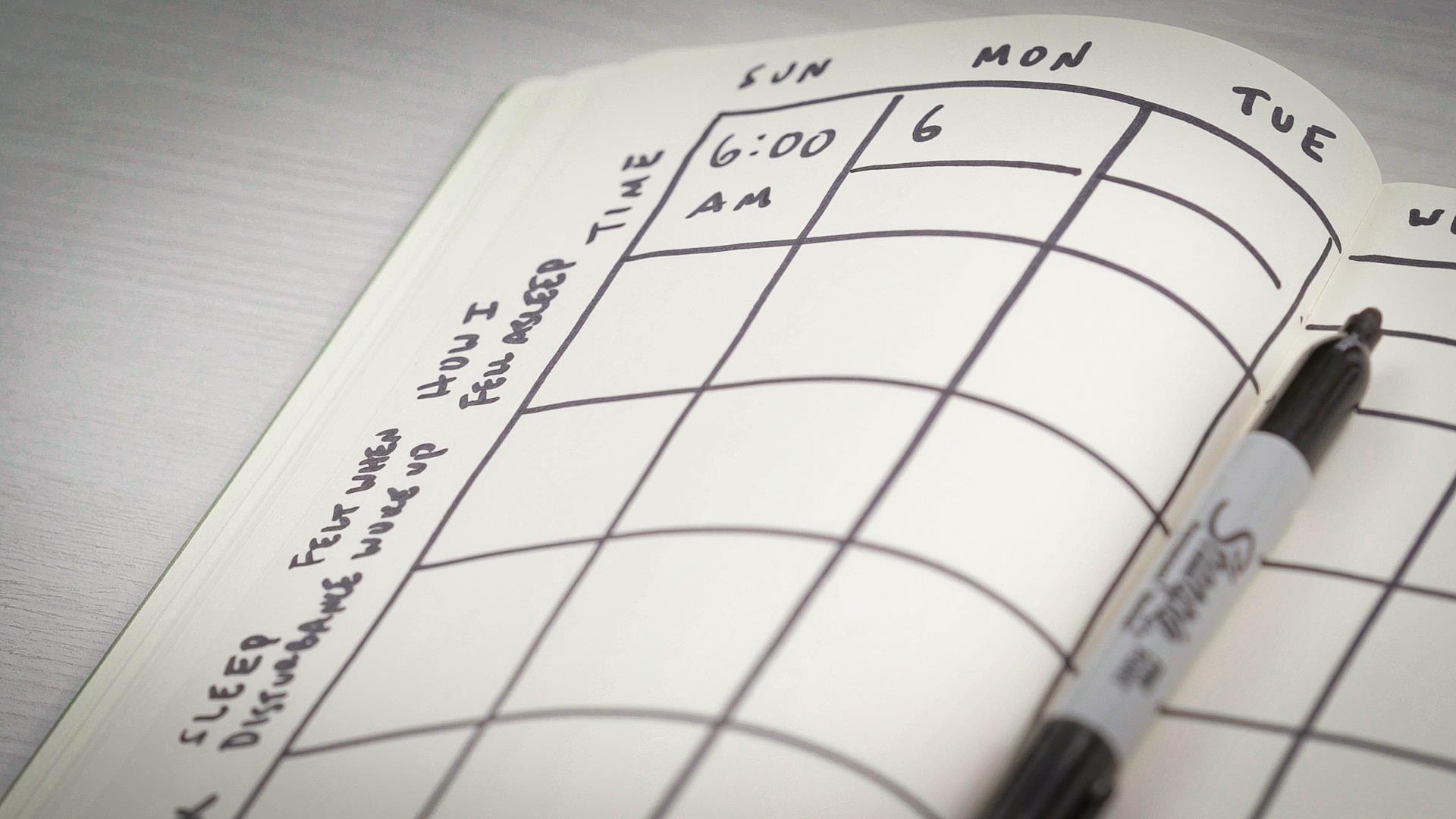
Tips for first year teacher #6: Sticking to the routine
Establishing a self-care routine is one thing, but sticking to it can be a challenge, especially a first year teacher. However, consistency is key to reaping the benefits of self-care. Set realistic goals and create a schedule that allows for regular self-care activities. Prioritize these activities and treat them as important appointments with yourself. Avoid the temptation to constantly put work ahead of your well-being. Stay committed to your self-care routine, and you’ll find that it not only enhances your well-being but also positively impacts your teaching and ability to connect with your students.
>>>Read more: Meaningful Feedback for Students: Importance, Tips and Examples
Tips for first year teacher #7: Keeping your space clean or order

Tips for first year teacher #7: Keeping your space clean or order
Maintaining a clean and organized workspace is crucial for a productive and efficient teaching environment. As a first-year teacher, it’s important to establish habits that promote cleanliness and orderliness in your classroom. Create a system for organizing materials, supplies, and resources, ensuring they are easily accessible when needed. Regularly declutter and tidy up your space to create a welcoming and conducive learning environment for your students. By keeping your space clean and in order, you not only enhance your own productivity but also set a positive example for your students, teaching them the importance of organization and responsibility.
>>>Read more: 13 Types of Students in the Classroom and How to Deal with Them
Tips for first year teacher #8: Asking question

Tips for first year teacher #8: Asking question
It’s natural to have questions and uncertainties when you teach in the first year. Embrace the mindset of a lifelong learner by actively seeking answers and asking questions. Don’t hesitate to reach out to experienced colleagues, mentors, or administrators for guidance and support. Remember that asking questions is not a sign of weakness but rather a sign of curiosity and a desire to grow. By seeking clarification, advice, or feedback, you can gain valuable insights, improve your teaching practice, and enhance your professional development.
>>>Read more: How to Teach Writing Skills to Students Effectively in 8 Simple Steps
Tips for first year teacher #9: Get organized digitally and traditionally

Tips for first year teacher #9: Get organized digitally and traditionally
Staying organized is essential for managing the various responsibilities that come with the job. Embrace a dual approach to organization by utilizing both digital and traditional methods. Digitally, explore tools and apps that can help you keep track of lesson plans, student data, and important deadlines. Consider using online calendars, note-taking apps, and cloud storage for easy access to your teaching materials. Additionally, don’t underestimate the power of traditional organization methods such as physical planners, color-coded folders, and bulletin boards. Find a system that works best for you and ensures that you can easily locate and manage your resources. By combining digital and traditional organization techniques, you’ll be better equipped to handle the demands of a first year teacher.
>>>Read more: 10+ Strategies of How to Teach Reading Comprehension in the Class
Tips for first year teacher #10: Enhancing an identity outside of the classroom
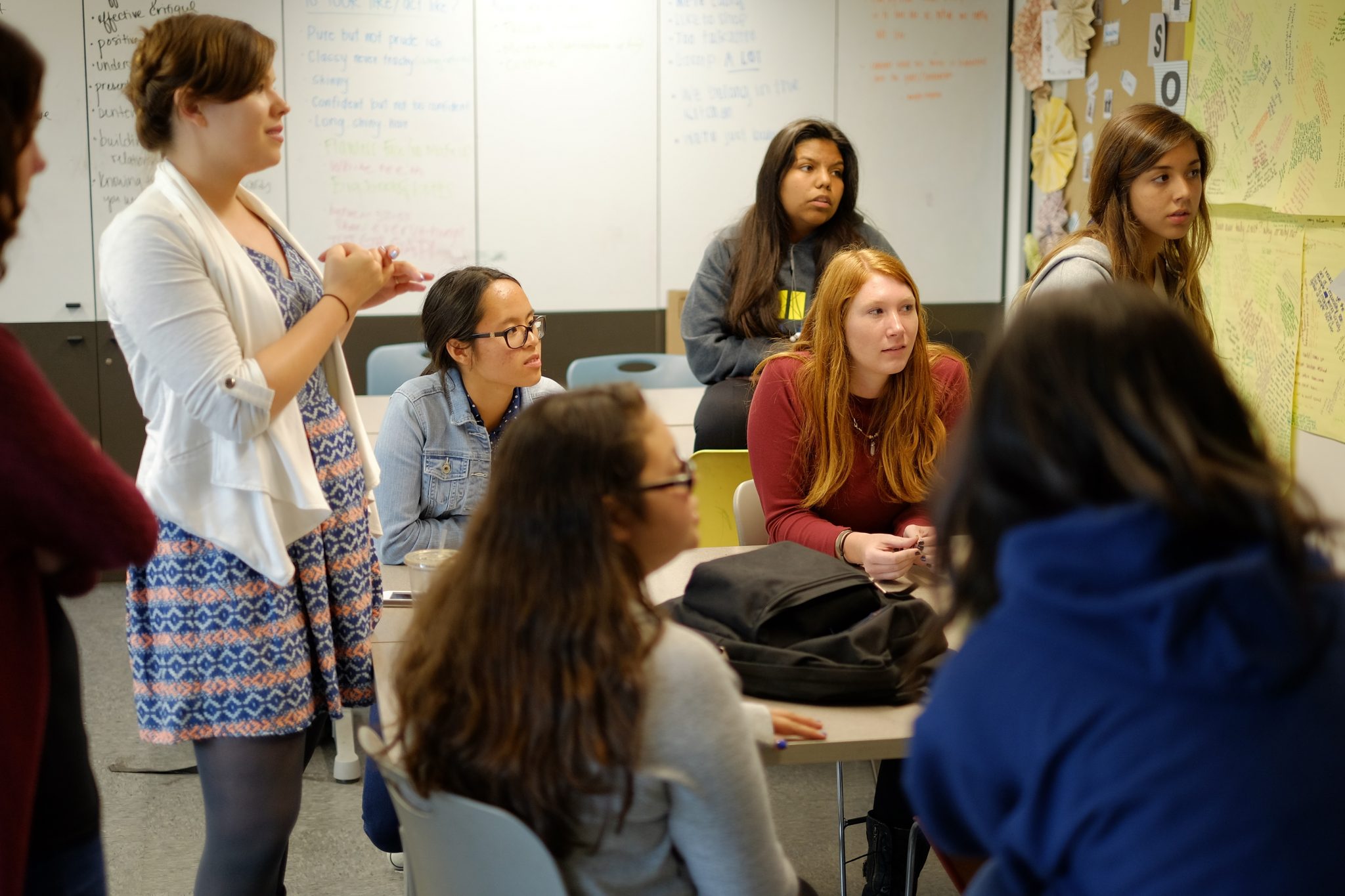
Tips for first year teacher #10: Enhancing an identity outside of the classroom
While teaching is a rewarding profession, it’s important to maintain a sense of identity and fulfillment outside of the classroom. As a first year teacher, it’s easy to become consumed by work and neglect other aspects of your life. Make a conscious effort to cultivate hobbies, interests, and relationships that bring you joy and fulfillment. Engage in activities that recharge and inspire you, whether it’s pursuing a hobby, exercising, spending time with loved ones, or engaging in creative outlets. By nurturing an identity outside of the classroom, you’ll not only maintain a healthy work-life balance but also bring a sense of authenticity and passion to your teaching.
>>>Read more: 5 Types of Teaching Styles (Their Pros & Cons)
Tips for first year teacher #11: Building meaningful relationships with students

Tips for first year teacher #11: Building meaningful relationships with students
Take the time to get to know each student individually, their interests, strengths, and challenges. Show genuine care and empathy towards them, and create a safe and inclusive classroom environment where they feel valued and respected. Foster open communication and encourage students to share their thoughts and ideas. By building these connections, you not only create a positive learning atmosphere but also establish a foundation of trust and rapport that can greatly enhance student engagement and academic success.
>>>Read more: Why Students Get Bored & How to Engage Bored Students in the Class
Tips for first year teacher #12: Building a support net with your co-workers

Tips for first year teacher #12: Building a support net with your co-workers
Building a support network with your co-workers is essential for your professional growth. Seek opportunities to collaborate and connect with your colleagues, whether it’s through team meetings, professional development sessions, or informal conversations. Share your experiences, challenges, and successes with one another, and learn from their expertise. By building a support network, you gain access to a wealth of knowledge, advice, and encouragement. Additionally, having a strong support system can help alleviate stress and provide a sense of camaraderie. Remember, your co-workers are valuable resources and allies who can help you navigate the ups and downs of a first year teacher.
>>>Read more: 22+ SMART Teacher Goals Examples in 2023
Tips for first year teacher #13: Planning for the unexpected

Tips for first year teacher #13: Planning for the unexpected
Life is full of uncertainties, and it’s important to be prepared for the unexpected. One way to do this is by creating a contingency plan. Identify potential risks and develop strategies to mitigate them. This could involve having backup plans for important events, maintaining an emergency fund, and having appropriate insurance coverage. By planning for the unexpected, you can minimize the impact of unforeseen events and navigate through them more effectively.
>>>Read more: Guide on How to Teach Vocabulary Effectively for Teachers
Tips for first year teacher #14: Design your own PD

Tips for first year teacher #14: Design your own PD
Taking charge of your professional development is crucial for personal and career growth. Designing your own professional development (PD) allows you to tailor your learning experiences to your specific needs and goals. Start by identifying areas where you want to improve or acquire new skills. Then, explore various learning opportunities such as workshops, online courses, conferences, or mentorship programs. Set clear objectives, create a timeline, and regularly assess your progress.
>>>Read more: How To Write a Curriculum in 8 Steps: A Complete Guide
Tips for first year teacher #15: Taking care of yourself
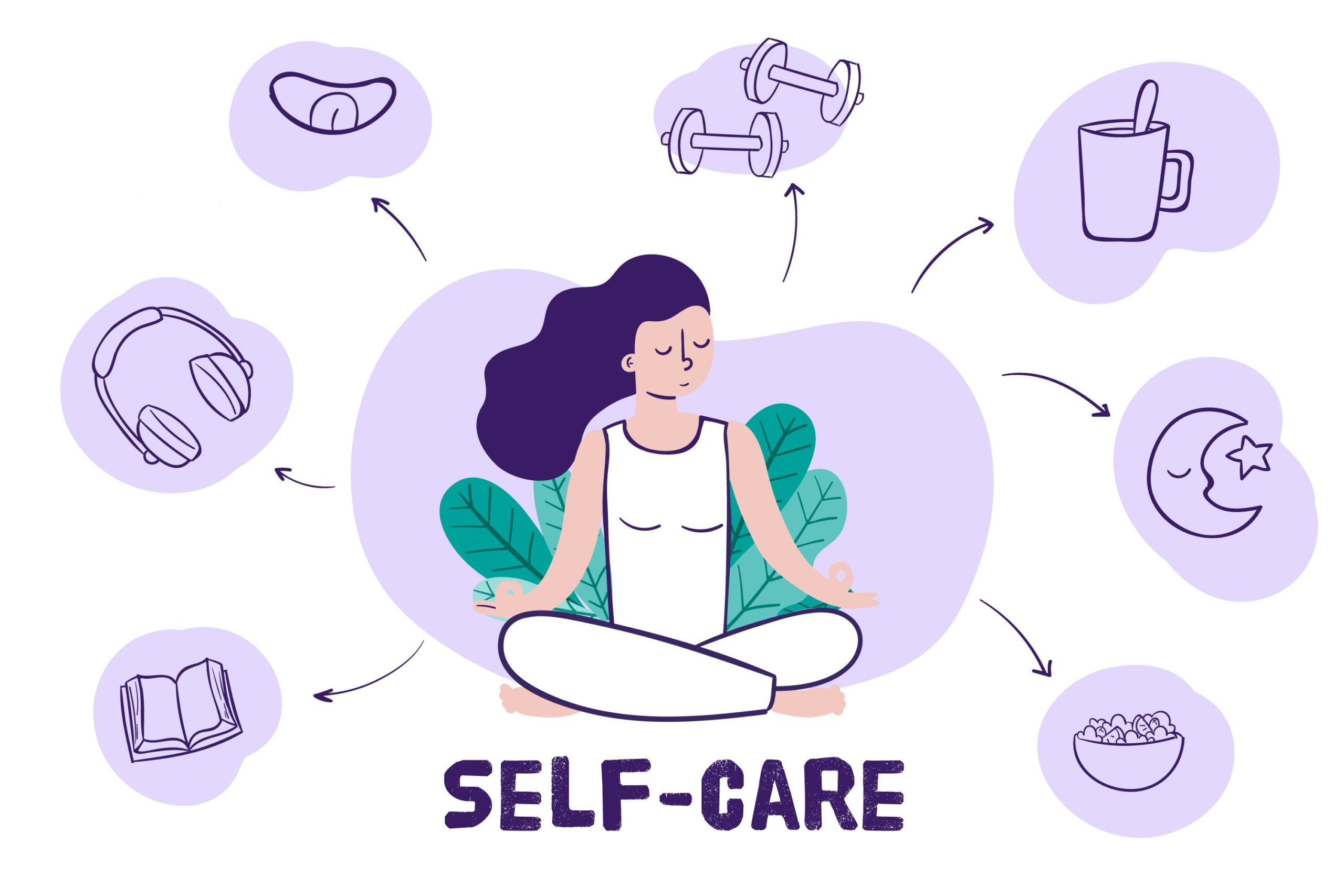
Tips for first year teacher #15: Taking care of yourself
Amidst the demands of daily life, it’s essential to prioritize self-care. Taking care of yourself physically, mentally, and emotionally is crucial for overall well-being. This can involve various practices such as maintaining a balanced diet, engaging in regular exercise, getting enough sleep, and managing stress effectively. Additionally, make time for activities that bring you joy and relaxation, whether it’s pursuing hobbies, spending time with loved ones, or practicing mindfulness. Remember, self-care is not selfish; it’s an investment in your own health and happiness, enabling you to show up as your best self in all aspects of life.
>>>Read more: 4 Types of Learning Styles: How to Use VARK Model in Teaching
The first year teacher can be both exciting and challenging. However, with the right mindset and preparation, you can navigate through this crucial period successfully. As you inspire and guide your students, may you find joy, fulfillment, and endless moments of discovery in this noble profession. Hopefully the above article will help you on your career development journey right from the first year.
FAQs
Is it hard to be a first year teacher?
Being a first-year teacher can be challenging due to the learning curve, classroom management, and adapting to new responsibilities, but it’s also a rewarding and transformative experience.
What should a first year teacher do?
A first-year teacher should focus on building strong relationships with students, setting clear expectations, seeking mentorship, and continuously refining their teaching strategies
What a first year teacher needs to know?
A first-year teacher needs to know classroom management techniques, effective communication, how to differentiate instruction, and the importance of self-care to maintain a healthy work-life balance. Additionally, understanding the curriculum, school policies, and student needs is crucial.
🌟 Are you facing difficulties in finding and securing teaching positions in Vietnam? Are visa procedures causing you trouble? Feeling overwhelmed and directionless upon your arrival in Vietnam for teaching assignments? Don’t worry, VTJ’s English Teaching Placement in Vietnam (EPIV) Program 2024 provides comprehensive support to solve ALL the matters.
👉👉👉 Click HERE to request free consultation.



